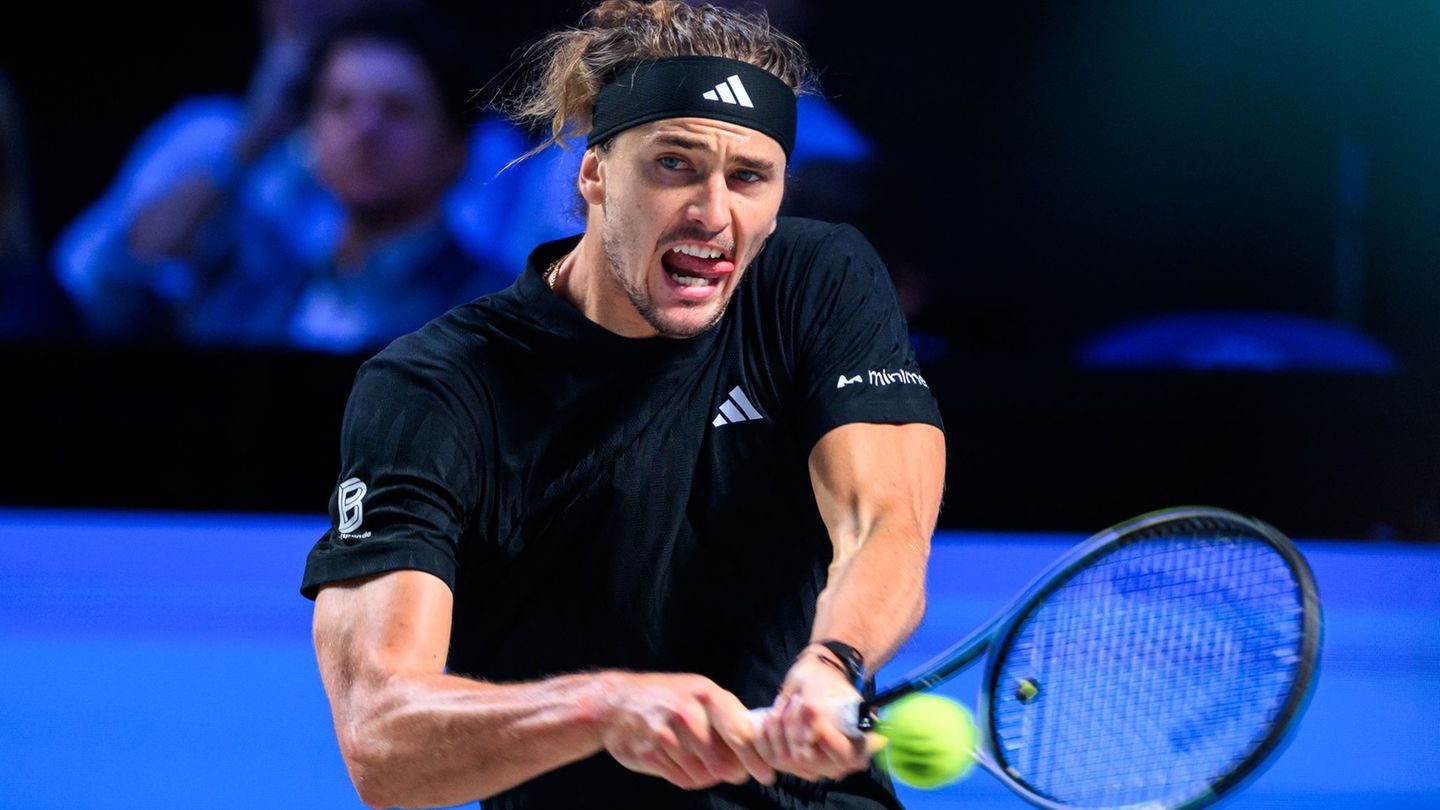I am an author and journalist who has worked in the entertainment industry for over a decade. I currently work as a news editor at a major news website, and my focus is on covering the latest trends in entertainment. I also write occasional pieces for other outlets, and have authored two books about the entertainment industry.
Menu
Vienna Opera Ball: The most lavish ball night of the year
Categories
Most Read
Vanessa Hudgens: Heavily pregnant and in Leo at the Halloween party
October 25, 2025
No Comments
King Charles in Rome: He gets a laugh with this joke
October 25, 2025
No Comments
Megan Fox and Machine Gun Kelly: Love comeback six months after birth?
October 25, 2025
No Comments
Julia Roberts: She likes to cook for the crew on the film set
October 25, 2025
No Comments
Don’t watch it alone: the terrifying HBO Max movie based on a successful video game
October 25, 2025
No Comments
Latest Posts

Tennis: Zverev in the final in Vienna – now against Sinner
October 25, 2025
No Comments
PierceI am Pierce Boyd, a driven and ambitious professional working in the news industry. I have been writing for 24 Hours Worlds for over five

Presidential election: Connolly on course for victory in Irish presidential election
October 25, 2025
No Comments
IvanI have been working in the news industry for over 6 years, first as a reporter and now as an editor. I have covered politics

6,000 years of history: Traces from the Stone Age on an APG construction site
October 25, 2025
No Comments
Archaeological finds on the site of the future APG substation in Spannberg Ceramic fragments have come to light. (APG/Simon/Novetus GmbH) Archaeological finds have come to
24 Hours Worlds is a comprehensive source of instant world current affairs, offering up-to-the-minute coverage of breaking news and events from around the globe. With a team of experienced journalists and experts on hand 24/7.

